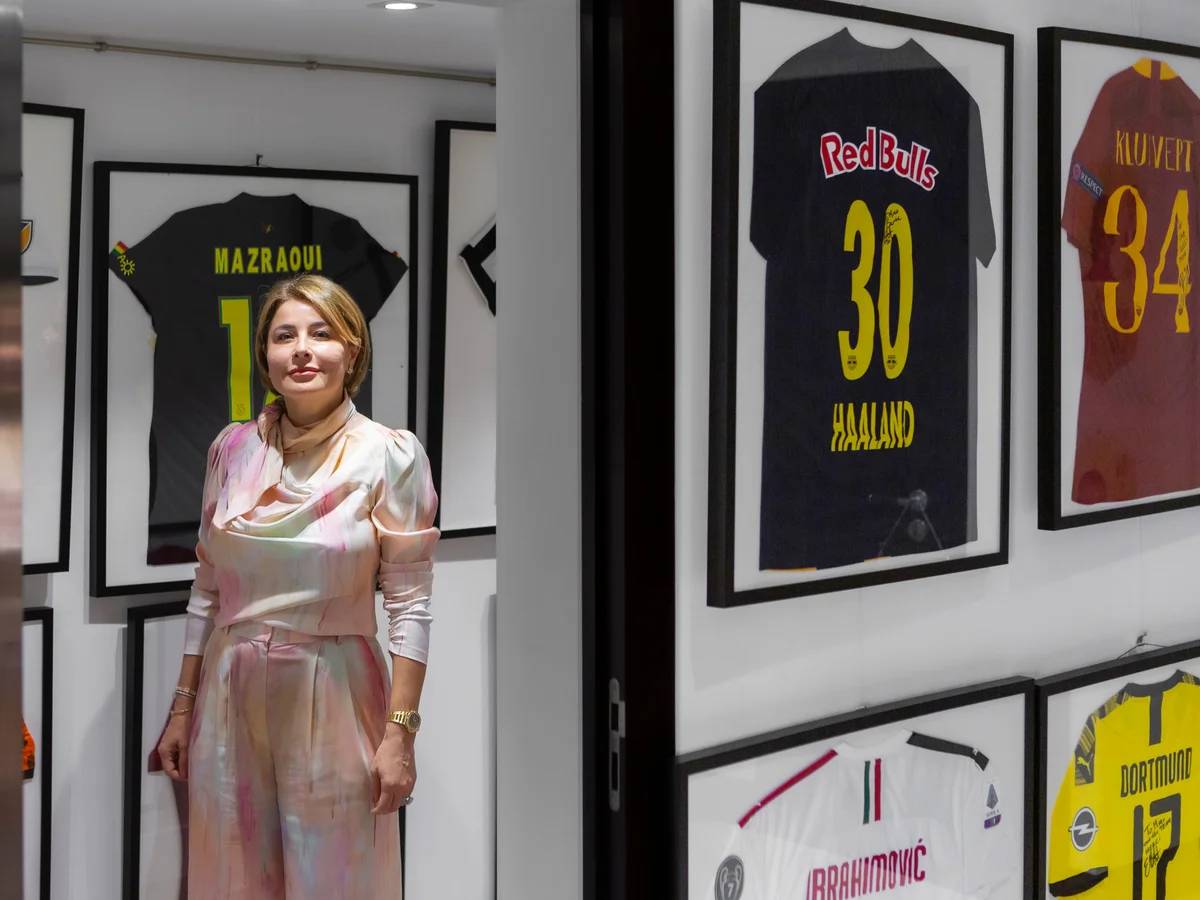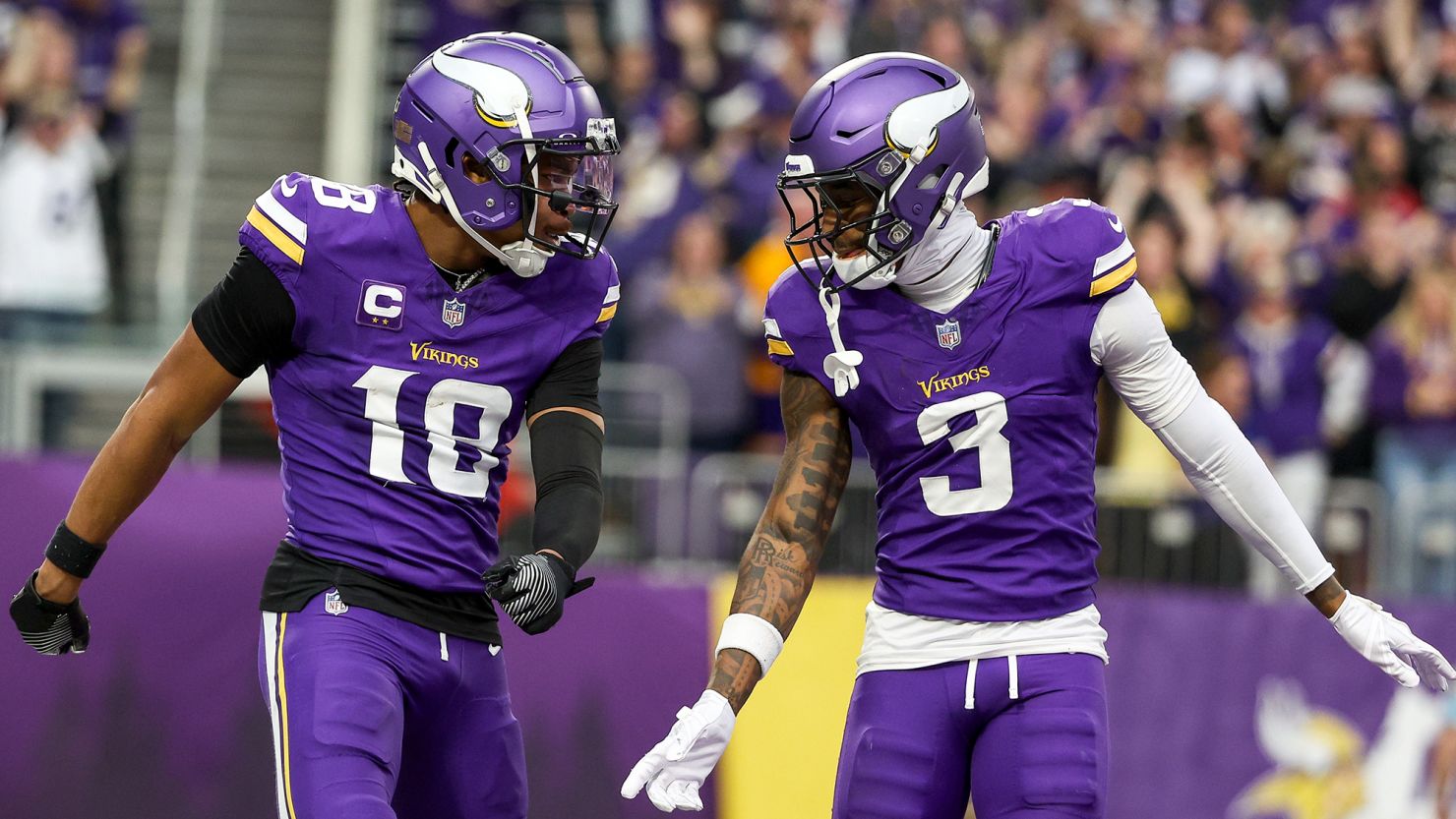Reflections on an interview originally published by The Athletic
In a powerful interview with The Athletic, Rafaela Pimenta—one of football’s most influential agents—opens up about the challenges women still face in the beautiful game. Her words echo a reality many don’t want to believe still exists in 2025: that a woman’s presence in football, particularly in leadership or representation, is still treated as an anomaly rather than the norm.
As someone engaged in the business of sport, I find Pimenta’s experiences equal parts inspiring and infuriating. What strikes me isn’t just her resilience, but how systemic sexism still surfaces even in casual, supposedly progressive environments. When a medical professional recently told her, “That’s not possible,” after she said she was a football agent, it wasn’t said maliciously—but that’s precisely the problem. The disbelief was so deeply internalized, it didn’t even register as offensive to the speaker.
This isn’t just about language. It’s about gatekeeping. It’s about norms still skewed by outdated assumptions.
The Double Burden of Excellence
Pimenta doesn’t just work in men’s football—she thrives in it. She helped engineer one of the sport’s most monumental contracts: Erling Haaland’s 9.5-year deal with Manchester City. She views deals like this not as transactional, but as expressions of love, loyalty, and long-term vision. “If I want to send you a message that I love you, I marry you,” she says. That human touch is something often absent in a space where athletes are viewed as assets more than individuals.
Her philosophy is something all sports professionals—agents, clubs, marketers—should reflect on. It’s not just about numbers or clauses. It’s about relationships, legacy, and creating structures where people thrive, not just perform.
Yet despite this, she’s often still judged not by her results, but by her gender.
The Hostage Problem: Football as a Power Struggle
Pimenta discusses a darker undercurrent in football—the feeling among many players, especially in the men’s game, that they are “hostages” to their own careers. That their lives are driven by transactional demands, stripped of empathy. The women’s game, she notes, has “more space for the human being.” That’s not only a critique of the men’s game, but a signal to the women’s game not to lose that human element as it grows commercially.
As commercial professionals, we must ensure that in our pursuit of growth—be it through sponsorships, broadcast rights, or transfer deals—we don’t erode the authenticity that makes the women’s game so uniquely powerful.
Beyond the Pitch: Representation and Safety
One of the most powerful moments in the interview is Pimenta’s critique of the sexualization of female players. “They are not soccer Barbies,” she says. “They are athletes.” This might seem obvious, but social media, marketing campaigns, and even commentary still frequently focus on how female players look instead of how they play. It’s up to all of us in the industry—brands, agents, media, and clubs—to rewrite this narrative.
Then there’s the issue of safety. Pimenta highlights the Rubiales-Hermoso incident as a glaring symbol of how women—even at the pinnacle of success—aren’t guaranteed dignity or respect. Imagine Lionel Messi winning the World Cup and getting kissed on the mouth by a federation president. That image would be unthinkable—and rightly so. Yet for Jenni Hermoso, that was reality.
This isn’t a women’s issue. It’s a football issue.
“Girl Power” in Practice
Despite it all, Pimenta’s story is also about the quiet solidarity that can reshape the system. She recounts club secretaries secretly helping her, slipping her information because they wanted to see a woman succeed. This unspoken network of support is powerful. But it shouldn’t have to be covert. It should be structural.
In fact, that’s the evolution we must all strive toward in football: from whispered support to institutional change.
Final Thought: Value Beyond Gender
What Pimenta’s journey reinforces is that representation doesn’t mean compromising excellence. It enhances it. That one of the most historic deals in Premier League history—Haaland’s long-term contract—was not just done by a woman, but done differently. With love. With clarity. With vision.
The industry needs more of that. And fewer raised eyebrows when a woman walks into the room.
Sources: This article reflects on an original interview conducted by The Athletic and authored by Charlotte Harpur on May 13, 2025.
IMAGE – Rebecca Marshall


